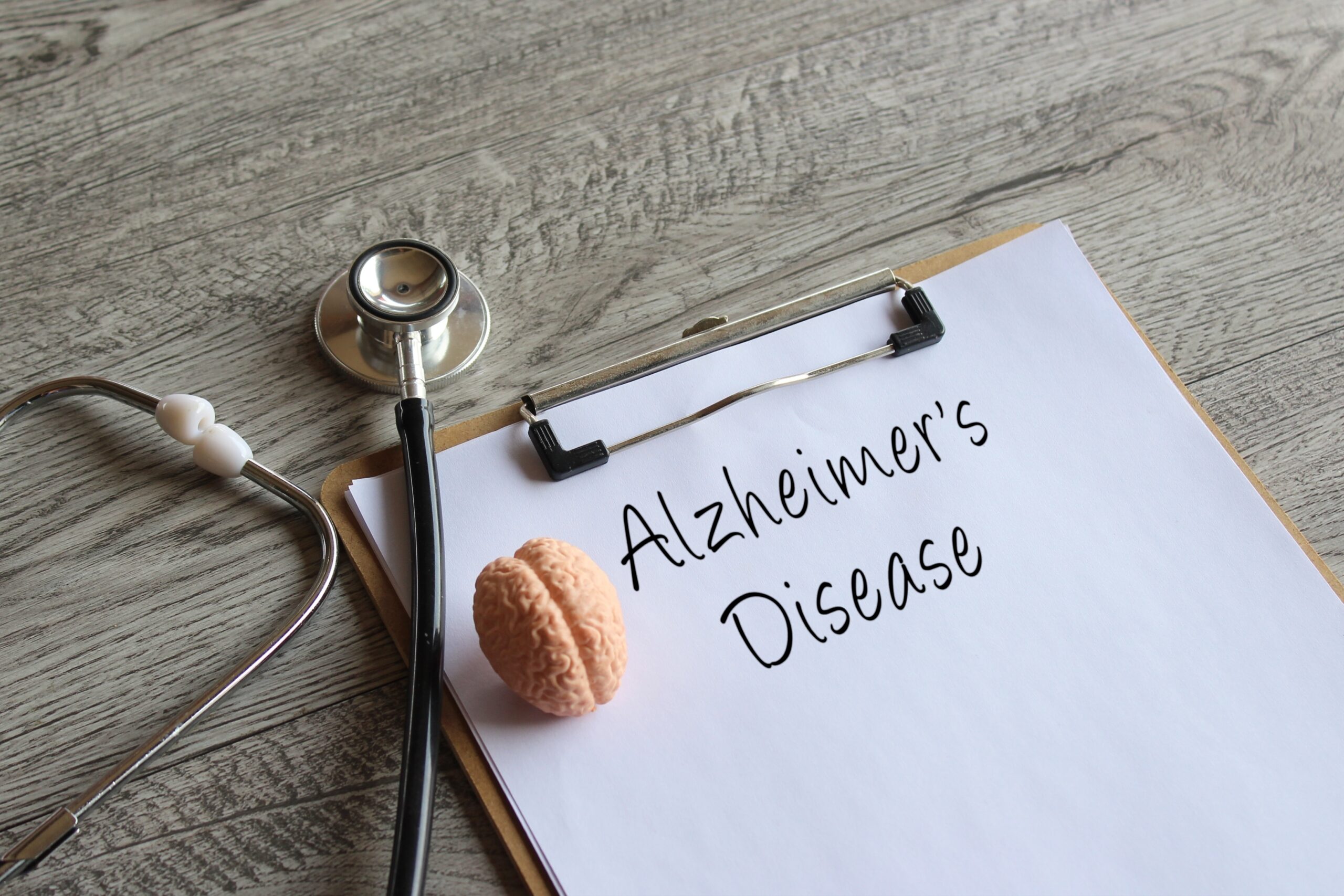The most devastating health crisis often begins with the smallest signs we choose to ignore, and nowhere is this more dangerous than with our brain health.
Story Highlights
- Brain health neglect reaches crisis levels as global campaigns shift focus from treatment to prevention
- World Health Organization launches unprecedented initiative targeting neurological disorders across all age groups
- Up to 40% of dementia cases could be prevented through lifestyle modifications and early intervention
- Technology and community-based programs emerge as key tools in bridging brain health care gaps
The Silent Crisis Hidden in Plain Sight
Every day, millions of people ignore subtle memory lapses, dismiss concentration difficulties, and rationalize away sleep problems as normal aging. This collective denial has created a global health emergency that experts warn can no longer be swept under the rug. The World Federation of Neurology and World Health Organization have sounded the alarm with their 2025 campaign “Brain Health for All Ages,” marking a dramatic shift from reactive disease management to proactive prevention strategies.
The numbers tell a sobering story. Neurological disorders now affect more than one billion people worldwide, yet brain health remains consistently underfunded and overlooked in healthcare systems globally. Unlike heart disease or diabetes, which receive massive public awareness campaigns, brain health operates in shadows until symptoms become impossible to ignore.
The Revolutionary Prevention Paradigm
Recent scientific breakthroughs have fundamentally changed how experts view brain health. Research now demonstrates that lifestyle interventions including proper sleep, regular exercise, and targeted nutrition can significantly reduce cognitive decline risk. This evidence-based approach challenges the long-held belief that neurological deterioration is simply an inevitable part of aging.
The WHO’s Intersectoral Global Action Plan represents the most comprehensive international response to neurological disorders in history. The plan emphasizes early detection, community-based interventions, and integration of brain health into universal healthcare coverage. This systematic approach acknowledges that waiting for symptoms to appear is a failed strategy that costs lives and healthcare resources.
Technology Bridges the Care Gap
Digital health innovations are transforming brain health accessibility in unprecedented ways. Telemedicine platforms now connect remote communities with neurological specialists, while artificial intelligence diagnostic tools identify early warning signs that human observation might miss. These technological advances address a critical shortage of neurological care providers, particularly in underserved regions.
Community-based programs like BrainHealth Week in North Texas and Brain Awareness Week demonstrate how grassroots education can create lasting behavioral changes. These initiatives move beyond medical settings to reach people where they live and work, making brain health maintenance as routine as dental checkups or annual physicals.
The High Cost of Continued Neglect
Economic analysis reveals the devastating financial impact of reactive brain health approaches. Untreated neurological conditions drain healthcare systems, reduce workforce productivity, and devastate family finances. The current model essentially guarantees that brain health problems will become exponentially more expensive and difficult to manage over time.
Experts emphasize that this crisis disproportionately affects vulnerable populations who lack access to quality neurological care. Rural communities, elderly individuals, and economically disadvantaged groups face the greatest risk of delayed diagnosis and inadequate treatment. These disparities transform preventable conditions into life-altering disabilities that could have been avoided with proper intervention.
Sources:
Revive Research: World Brain Day 2025
UAB Heersink School of Medicine: World Brain Day 2025
Society for Neuroscience: Brain Awareness Campaign
Center for BrainHealth: BrainHealth Week 2025
NIMH Digital Toolkit for Brain Awareness Week
Dana Foundation: Brain Awareness Week
Icahn School of Medicine: Brain Awareness Week








